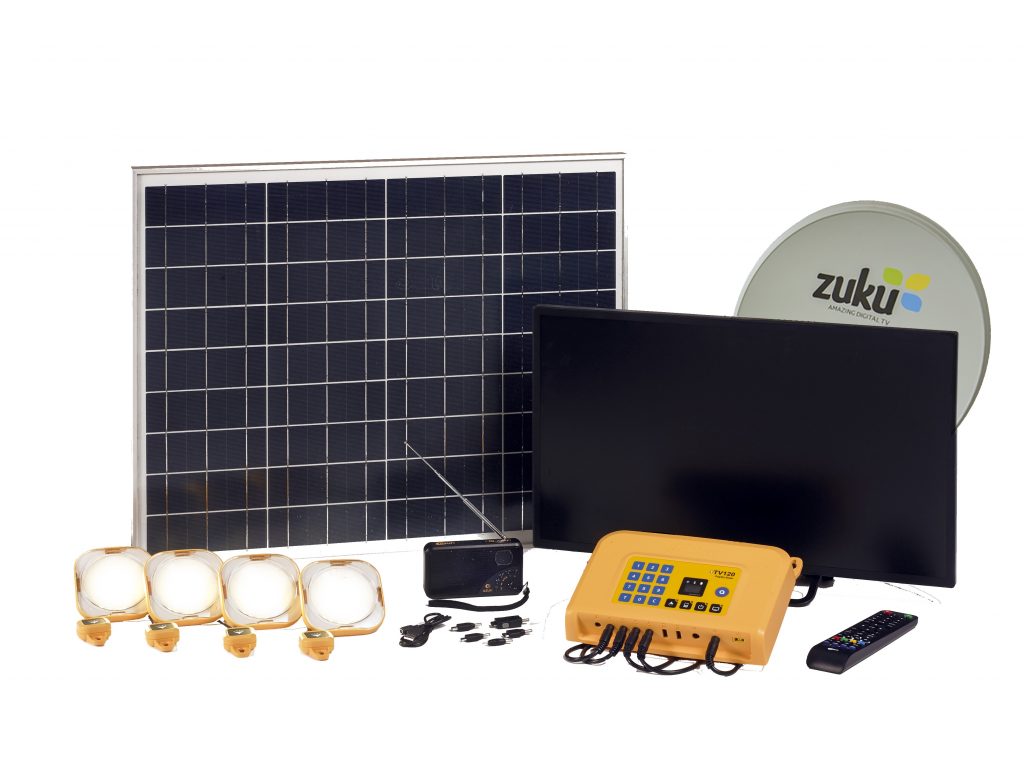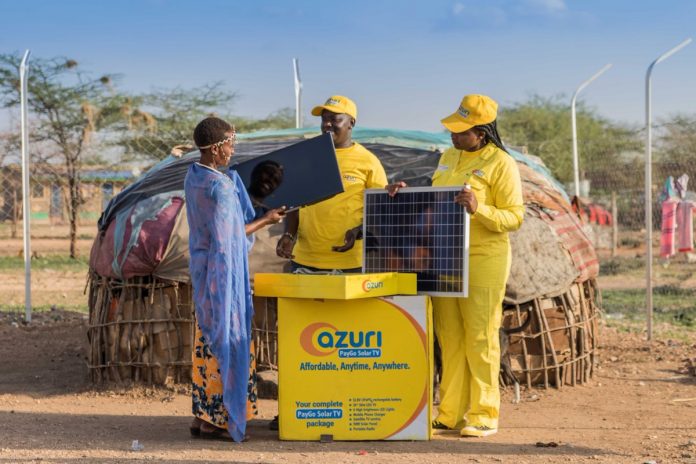Solar power firm Azuri Technologies is piloting internet-enabled home solar kits targeting off-grid households in Kenyan villages.
The British firm, founded in the University of Cambridge, said it has built Wi-Fi routers within its solar package to connect remote villages to the global internet highway.
“We’re in the piloting phase,” Azuri East Africa general manager Snehar Shah said in an interview.
“We feel village economies have a right to information through connectivity,” he added.
The company products are designed and researched in Cambridge University by a pool of in-house PhD scholars.
It opened its regional offices in Nairobi in 2016, connecting over 150,000 homes to solar electricity in Africa.
The solar kits are designed and patented in Cambridge but manufactured in Malaysia.
Company executives said that they have spent over Sh2 billion in Kenyan operations since 2016 and plan to invest a similar amount in the coming 2-3 years through loans.

Azuri has two packages where customers pay weekly for use of its solar-powered equipment (pay-as-you-go) over a staggered period of time (between 12 and 18 months) upon which payments stop and clients assume ownership of the kits. Payments are through mobile money. This flexible payment plan has made it affordable for poor homes to use solar power as a payable service since the majority cannot afford the lump sum cost of buying the equipment upfront.
Azuri’s flagship package (Quad) involves a solar panel that comes with four LED solar lights, portable radio, storage battery and a mobile phone charging system.
The second solar package comes with an added feature of a 24 inch smart TV. The company already has partnerships with satellite TV providers Zuku and Star Times, giving off-grid homes access to over 50 TV channels and 21 Radio channels.
Use of solar electricity is estimated to save rural households an estimated $35 (Sh3,500) per year, during the period they make payments for use of kits, with the savings further rising upon assuming ownership. This effectively means the freed-up cash among low-income households can be directed to other income-generating uses, spurring rural economies.
Other companies running the pay-as-you-go model in Kenya include Nairobi-based M-Kopa, Indian company Orb Energy, Germany-based Mobisol and Danish solar firm M-PAYG.
The government has set a universal electricity access target of 2022, to be achieved through a combination of increased connectivity of homes to the national grid and off-grid solar power solutions for remote villages, largely by private investors.



